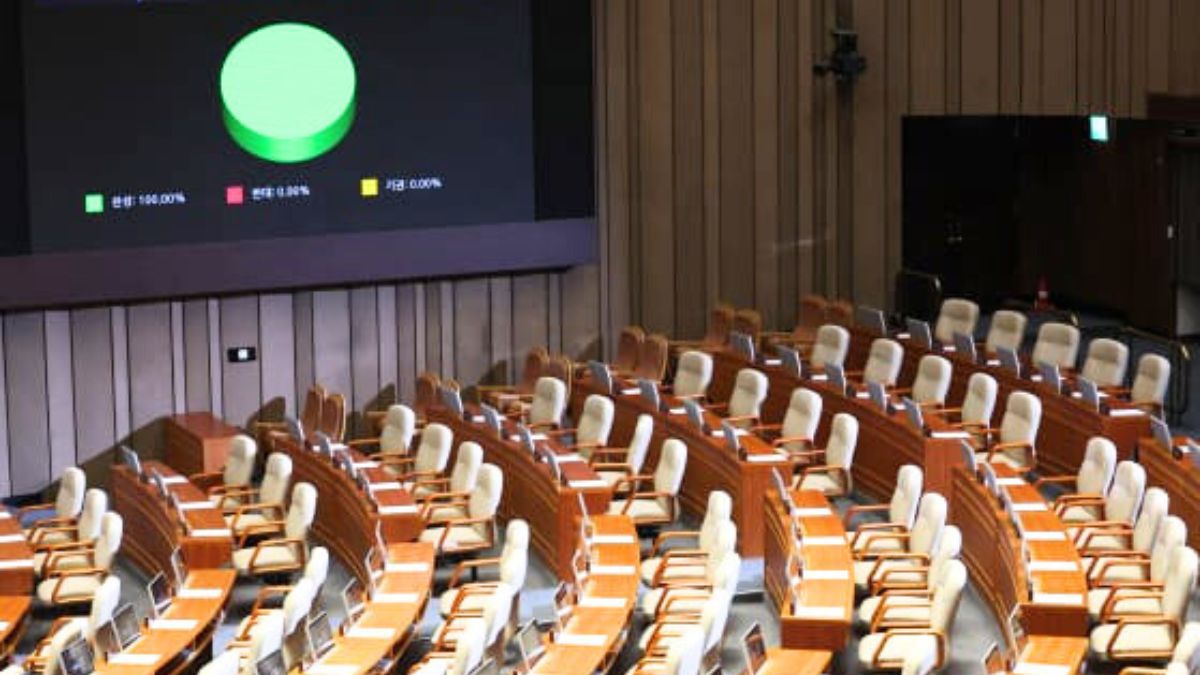The liberal Democratic Party (LDP) successfully passed three contentious bills in the National Assembly on Thursday, despite a boycott by the government-aligned People Power Party (PPP). This legislative action has sparked significant debate over the methods employed and the implications for political discourse in the country.
The Liberal Democratic Party (LDP) recently passed three contentious bills in the National Assembly, despite a boycott from the government-aligned People Power Party (PPP). These bills focused on economic reforms, which include tax incentives for businesses, social welfare enhancements aimed at improving healthcare access and support for vulnerable populations, and regulatory changes designed to ease burdens on small and medium-sized enterprises.
While LDP supporters argue these measures are essential for progress, the PPP criticized the tactics used to push them through, raising concerns about the erosion of democratic processes and the growing polarization in political discourse.
The bills, which address issues ranging from economic reforms to social welfare enhancements, have been met with mixed reactions. Proponents within the DP argue that the measures are essential for addressing pressing national concerns and promoting progressive policies. DP spokesperson mentioned that these reforms were necessary for the advancement of our society, highlighting the party’s commitment to change.
However, the PPP condemned the DP’s tactics, accusing them of undermining democratic processes by pushing through legislation without adequate debate. A PPP representative expressed disappointment, stating, “By boycotting, we hoped to signal our commitment to a more collaborative approach. Instead, the DP has chosen to steamroll over constructive dialogue.” The boycott was aimed at challenging what the PPP sees as a lack of transparency and consensus in the legislative process.
Political analysts suggest that this development reflects a growing polarization in the National Assembly, raising concerns about the future of bipartisan cooperation.
As the DP celebrates this legislative victory, the long-term consequences of these actions remain to be seen. With public opinion divided, both parties will need to navigate a challenging political landscape in the months ahead, as citizens demand accountability and effective governance from their leaders. The recent events underscore the importance of dialogue and compromise in a healthy democracy, a principle that may be increasingly tested in the current political climate.

